RUSTY TAP WATER INCIDENTS
입력 2019.06.27 (15:09)
수정 2019.06.27 (17:13)
읽어주기 기능은 크롬기반의
브라우저에서만 사용하실 수 있습니다.
[Anchor Lead]
The so-called "rusty tap water" incident which started off in Incheon is now plaguing the entire country. Now this may be caused by many different reasons, but most of the cases are blamed on old water pipes.
[Pkg]
Residents of Mullae-dong in Seoul haven't been able to use tap water for a week now. Authorities say the quality of water is good enough for drinking, but the filter attached to the faucet quickly turns brown. The tap water is turbid even in this new apartment building that was built just last year.
[Soundbite] (MULLAE-DONG RESIDENT) : "Our building is new, and they said they have cleaned the water tank. I didn't expect to see rusty water."
The Seoul City government has decided to replace the pipes supplying water to this area, as they are almost 50 years old now. Authorities will spend over 72 billion won in emergency budget to replace 138 kilometers of old water pipes in Mullae-dong and other areas in the city by next year at the latest.
[Soundbite] PARK WON-SOON(SEOUL MAYOR) : "I think this incident caused by the old water pipe system is a humiliation for the city of Seoul."
However, the situation remains dire in other areas of the nation. The combined length of aged water pipes nationwide that are more than 30 years old reaches 23,000 kilometers, accounting for 11 percent of all water pipes. This means that no matter how well individual apartments and households take care of their water tanks, their tap water can turn rusty anytime.
[Soundbite] PROF. KOO JA-YONG(UNIVERSITY OF SEOUL) : "Some substances can accumulate in pipes. Rust and other byproducts can also build up inside old pipes."
The number of new water pipes increases at the rate of 2.5 percent every year, but less than one percent of the old pipes are repaired or replaced. In other words, a growing number of water pipes are not maintained properly. The Ministry of Environment on Wednesday convened an emergency meeting of waterworks officials from 17 cities and provinces nationwide and asked them to at least clean the pipes if there is not enough funding to replace them.
The so-called "rusty tap water" incident which started off in Incheon is now plaguing the entire country. Now this may be caused by many different reasons, but most of the cases are blamed on old water pipes.
[Pkg]
Residents of Mullae-dong in Seoul haven't been able to use tap water for a week now. Authorities say the quality of water is good enough for drinking, but the filter attached to the faucet quickly turns brown. The tap water is turbid even in this new apartment building that was built just last year.
[Soundbite] (MULLAE-DONG RESIDENT) : "Our building is new, and they said they have cleaned the water tank. I didn't expect to see rusty water."
The Seoul City government has decided to replace the pipes supplying water to this area, as they are almost 50 years old now. Authorities will spend over 72 billion won in emergency budget to replace 138 kilometers of old water pipes in Mullae-dong and other areas in the city by next year at the latest.
[Soundbite] PARK WON-SOON(SEOUL MAYOR) : "I think this incident caused by the old water pipe system is a humiliation for the city of Seoul."
However, the situation remains dire in other areas of the nation. The combined length of aged water pipes nationwide that are more than 30 years old reaches 23,000 kilometers, accounting for 11 percent of all water pipes. This means that no matter how well individual apartments and households take care of their water tanks, their tap water can turn rusty anytime.
[Soundbite] PROF. KOO JA-YONG(UNIVERSITY OF SEOUL) : "Some substances can accumulate in pipes. Rust and other byproducts can also build up inside old pipes."
The number of new water pipes increases at the rate of 2.5 percent every year, but less than one percent of the old pipes are repaired or replaced. In other words, a growing number of water pipes are not maintained properly. The Ministry of Environment on Wednesday convened an emergency meeting of waterworks officials from 17 cities and provinces nationwide and asked them to at least clean the pipes if there is not enough funding to replace them.
■ 제보하기
▷ 카카오톡 : 'KBS제보' 검색, 채널 추가
▷ 전화 : 02-781-1234, 4444
▷ 이메일 : kbs1234@kbs.co.kr
▷ 유튜브, 네이버, 카카오에서도 KBS뉴스를 구독해주세요!
- RUSTY TAP WATER INCIDENTS
-
- 입력 2019-06-27 15:10:15
- 수정2019-06-27 17:13:57

[Anchor Lead]
The so-called "rusty tap water" incident which started off in Incheon is now plaguing the entire country. Now this may be caused by many different reasons, but most of the cases are blamed on old water pipes.
[Pkg]
Residents of Mullae-dong in Seoul haven't been able to use tap water for a week now. Authorities say the quality of water is good enough for drinking, but the filter attached to the faucet quickly turns brown. The tap water is turbid even in this new apartment building that was built just last year.
[Soundbite] (MULLAE-DONG RESIDENT) : "Our building is new, and they said they have cleaned the water tank. I didn't expect to see rusty water."
The Seoul City government has decided to replace the pipes supplying water to this area, as they are almost 50 years old now. Authorities will spend over 72 billion won in emergency budget to replace 138 kilometers of old water pipes in Mullae-dong and other areas in the city by next year at the latest.
[Soundbite] PARK WON-SOON(SEOUL MAYOR) : "I think this incident caused by the old water pipe system is a humiliation for the city of Seoul."
However, the situation remains dire in other areas of the nation. The combined length of aged water pipes nationwide that are more than 30 years old reaches 23,000 kilometers, accounting for 11 percent of all water pipes. This means that no matter how well individual apartments and households take care of their water tanks, their tap water can turn rusty anytime.
[Soundbite] PROF. KOO JA-YONG(UNIVERSITY OF SEOUL) : "Some substances can accumulate in pipes. Rust and other byproducts can also build up inside old pipes."
The number of new water pipes increases at the rate of 2.5 percent every year, but less than one percent of the old pipes are repaired or replaced. In other words, a growing number of water pipes are not maintained properly. The Ministry of Environment on Wednesday convened an emergency meeting of waterworks officials from 17 cities and provinces nationwide and asked them to at least clean the pipes if there is not enough funding to replace them.
The so-called "rusty tap water" incident which started off in Incheon is now plaguing the entire country. Now this may be caused by many different reasons, but most of the cases are blamed on old water pipes.
[Pkg]
Residents of Mullae-dong in Seoul haven't been able to use tap water for a week now. Authorities say the quality of water is good enough for drinking, but the filter attached to the faucet quickly turns brown. The tap water is turbid even in this new apartment building that was built just last year.
[Soundbite] (MULLAE-DONG RESIDENT) : "Our building is new, and they said they have cleaned the water tank. I didn't expect to see rusty water."
The Seoul City government has decided to replace the pipes supplying water to this area, as they are almost 50 years old now. Authorities will spend over 72 billion won in emergency budget to replace 138 kilometers of old water pipes in Mullae-dong and other areas in the city by next year at the latest.
[Soundbite] PARK WON-SOON(SEOUL MAYOR) : "I think this incident caused by the old water pipe system is a humiliation for the city of Seoul."
However, the situation remains dire in other areas of the nation. The combined length of aged water pipes nationwide that are more than 30 years old reaches 23,000 kilometers, accounting for 11 percent of all water pipes. This means that no matter how well individual apartments and households take care of their water tanks, their tap water can turn rusty anytime.
[Soundbite] PROF. KOO JA-YONG(UNIVERSITY OF SEOUL) : "Some substances can accumulate in pipes. Rust and other byproducts can also build up inside old pipes."
The number of new water pipes increases at the rate of 2.5 percent every year, but less than one percent of the old pipes are repaired or replaced. In other words, a growing number of water pipes are not maintained properly. The Ministry of Environment on Wednesday convened an emergency meeting of waterworks officials from 17 cities and provinces nationwide and asked them to at least clean the pipes if there is not enough funding to replace them.
이 기사가 좋으셨다면
-
좋아요
0
-
응원해요
0
-
후속 원해요
0










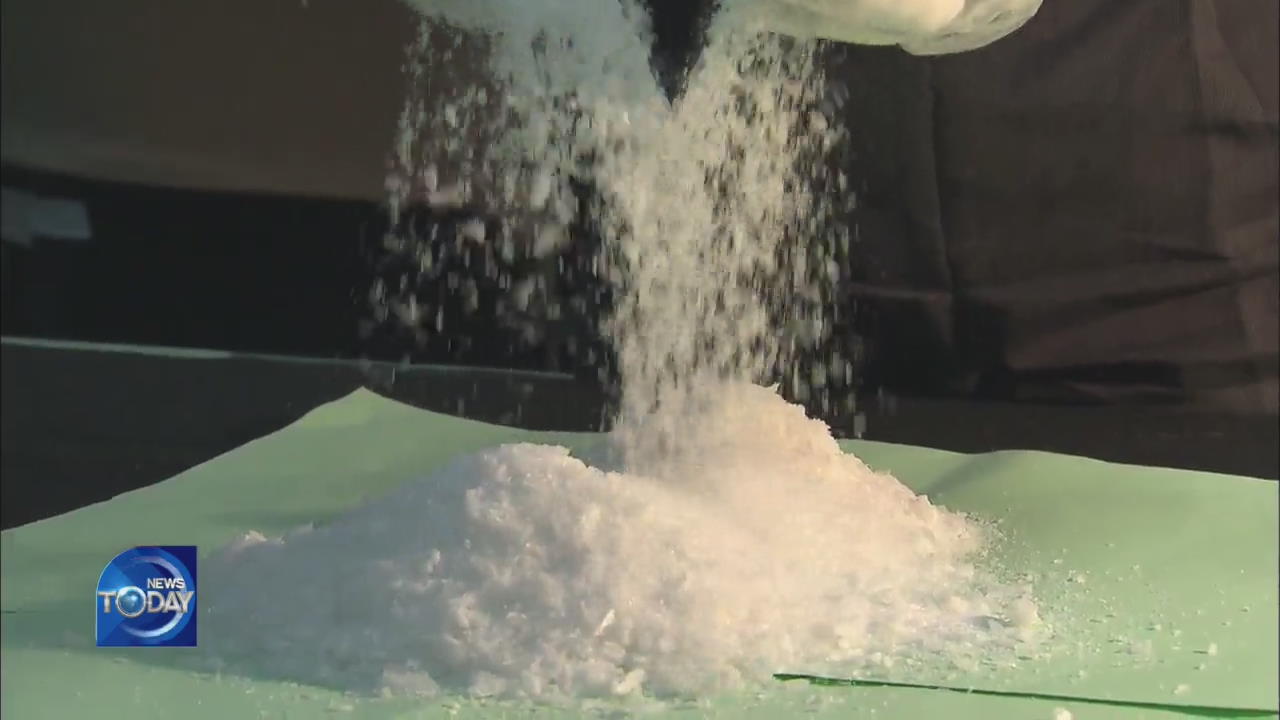
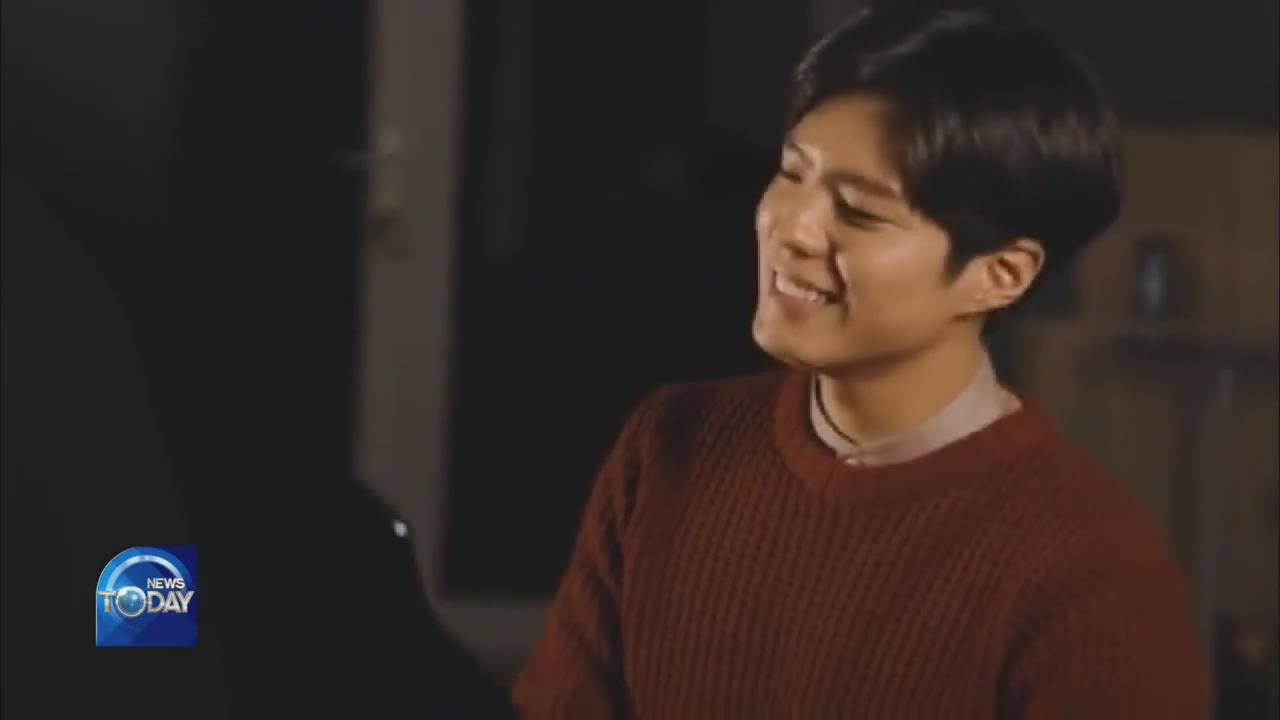
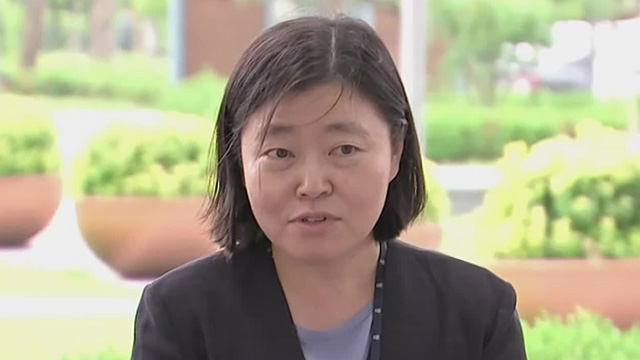
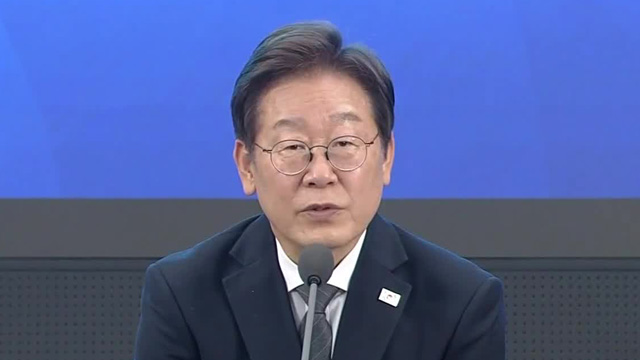
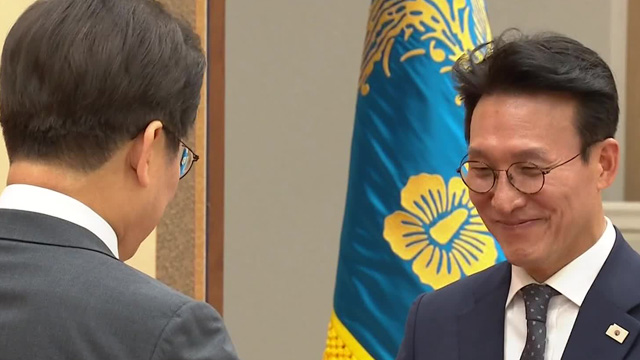
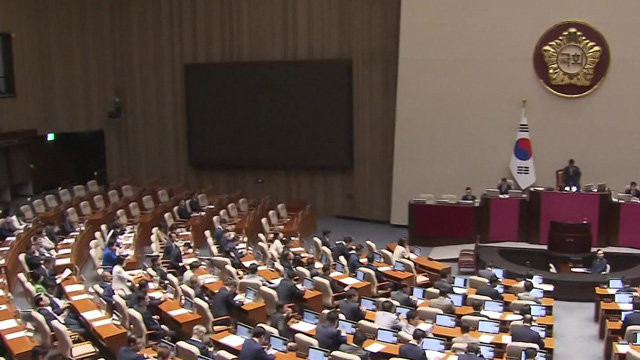

이 기사에 대한 의견을 남겨주세요.